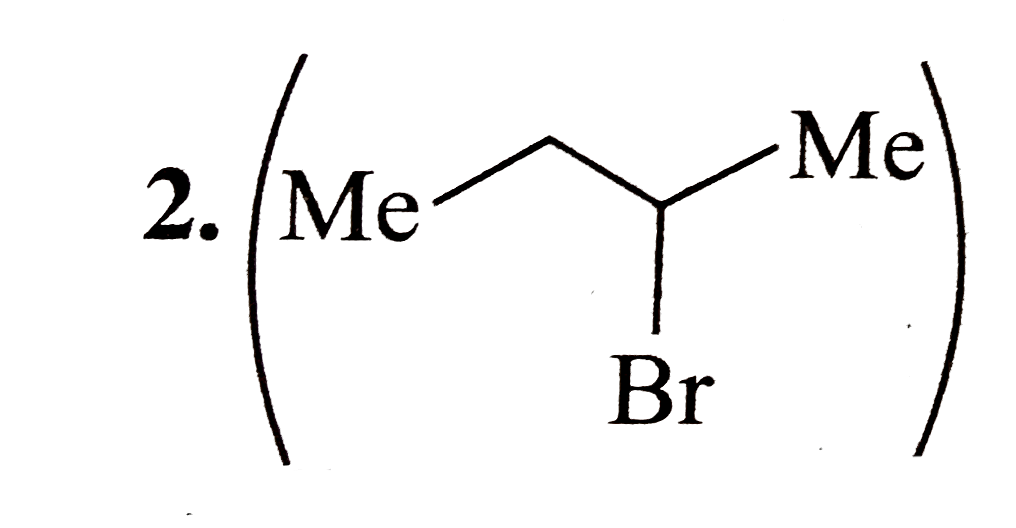Isopropyl chloride undergoes hydrolysis by:
SN1 Mechanism
SN2 Mechanism
SN1&SN2 Mechanism
Neither SN1&SN2 Mechanism
The correct Answer is:C
Step by step video, text & image solution for Isopropyl chloride undergoes hydrolysis by: by Chemistry experts to help you in doubts & scoring excellent marks in Class 12 exams.
Updated on:21/07/2023Topper's Solved these Questions
Similar Questions
Knowledge Check
Which of the following alkyl halides undergoes hydrolysis with aqueous KOH at the fastest rate ?
ACH3CH2CH2ClBCH3CH2ClCCH3CH2CH2CH2ClDCH3CH2CH(Br)CH3
A dextro- rotatory optically active alkyl halide undergoes hydrolysis by SN2 mechanism. The resulting alcohol is :
View SolutionWhat single isomer would be found in greatest yeild when isopropyl chloride undergoes a Friedel-Crafts alklyation with t-butylbenzene?
View Solution (sec-Butyl bromide) undergoes alkaline hydrolysis by :
(sec-Butyl bromide) undergoes alkaline hydrolysis by :
View Solution (sec-Butyl bromide) undergoes alkaline hydrolysis by :
(sec-Butyl bromide) undergoes alkaline hydrolysis by :
View SolutionWhich of the following halide undergoes in hydrolysis via SN1 reaction?
View SolutionPhosphorus trichloride, PCl3 undergoes, hydrolysis at room temperature to produce an oxoacid. It has the formula :
View SolutionBenzal chloride on hydrolysis gives
View Solution
